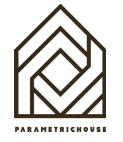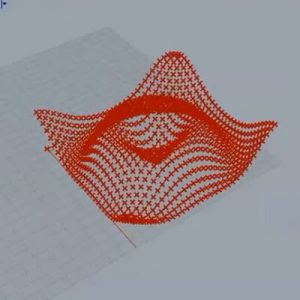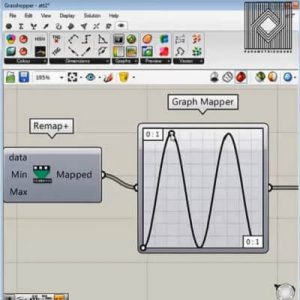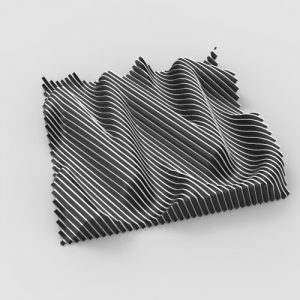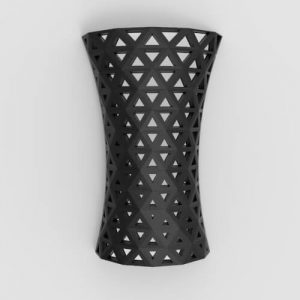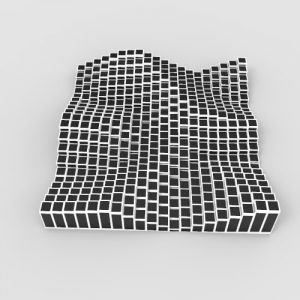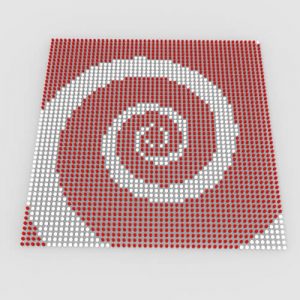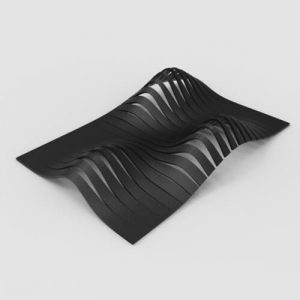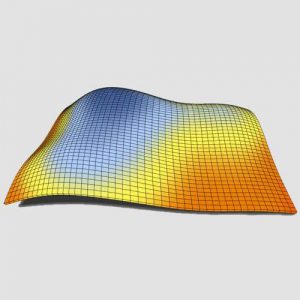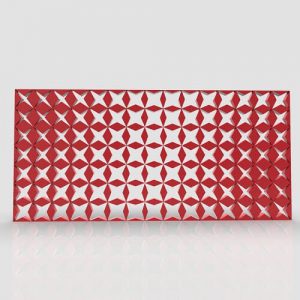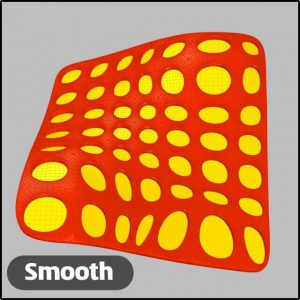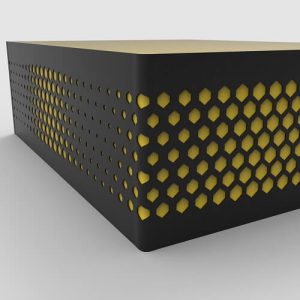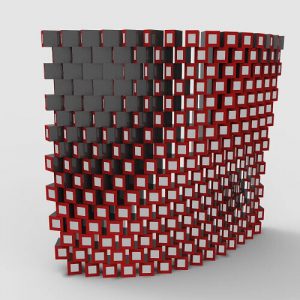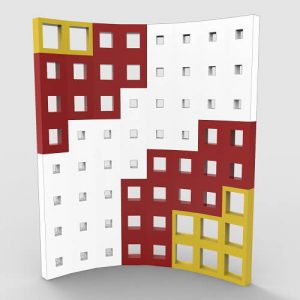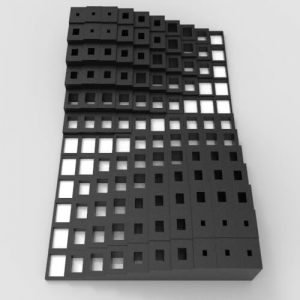In this Grasshopper tutorial, you will learn how to use a single point attractor in your design. By understanding the concepts you can get ready for more complicated attractors and how to control them in next tutorials.
In this Grasshopper tutorial, we will understand what happens when we use two or more points as an attractor and how it affects our grid of points.
In this grasshopper tutorial i will use a curve as an attractor and use it to deform a surface. You will learn how to define the distance between a set of point and a single curve.
In this Grasshopper tutorial I will explain how you can use the u,v coordinate system to produce a parametric curve on a surface and use it as an attractor to affect the frames of triangular panels
In this grasshopper tutorial, we will learn how to use a set of curves for attraction. You will learn how to use advanced grasshopper techniques to analyze the distance between the point grids and the attractors.
In this grasshopper tutorial, I will model a facade louver system based on scaling. First I will divide the facade into louvers and then I will extract the lines and scale them based on the height of the surface. then we will remodel the louvers with another technique and use point attractor and image attractor to affect the facade.
In this grasshopper tutorial, I will model a facade louver system based on scaling. First I will divide the facade into louvers and then I will extract the lines and scale them based on the height of the surface. then we will remodel the louvers with another technique and use point attractor and image attractor to affect the facade.
In this tutorial, I will explain how you can use Gradient to color a set of panels based on their height. First we will produce the panels by isotrim and then we will extract the panels center and use the z component to define the height of the panels. Finally we will use....
In this Paracourse lessons you can use a series of point attractors to change the scale of a square grid and then connect the corners to the middle of the scaled border.
In this Paracourse Lesson, we are going to use different attractors in Paneling tools to model a parametric grid that deforms with Point/Curve/Random and surface curvature. Finally, we are going to smooth the result.
In this Paracourse Lesson, we are going to model a series of hexagons which scale based on point attractors. We are also going to study how to fix the cells on the closed Nurbs surface seam.
In this Paracourse lesson, we will model a series of rotating panels which extrude until they reach their neighboring surface. We will use three different techniques
In this Paracourse lesson, we will use the Paneling Tools plugin to cover a Nurbs surface with a series of modules. We will use point attractors to distribute the modules and at the end, we will count each module and export them in different layers.
In this Grasshopper tutorial, I will teach you how to define a parametric point in grasshopper and use it to design a framed facade. First we will find the distance between the attractor and the points and then we will define the extrusion
